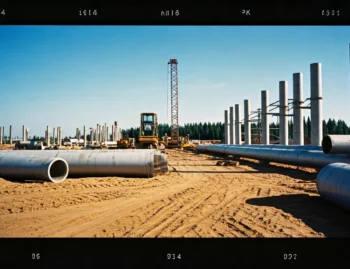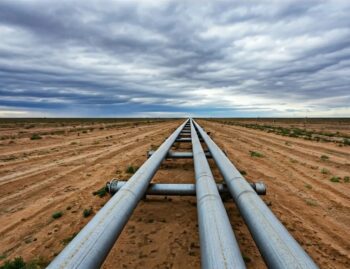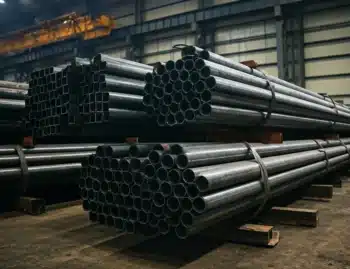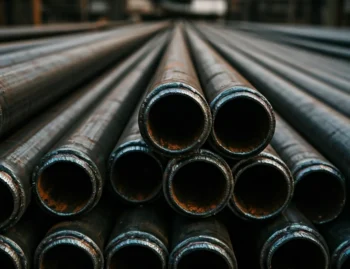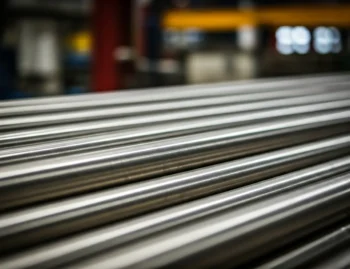
How exactly does steel roofing work better in extreme climates?
Take a walk through your average American neighborhood and you’ll find a wide variety of roofs. Some homeowners prefer the simplicity of asphalt composite shingles and others prefer the weighty richness of slate. Some like clay and some use concrete. However, you won’t find much metal roofing. Understandably, this can lead the average homeowner to conclude that metal roofing is a poor choice for residential purposes.
This couldn’t be further from the truth. Not only is metal roofing a perfectly viable choice, it’s also safer that most other options when it comes to extreme weather conditions. Here are some of the facts when it comes to the benefits of steel roofing, along with some tips on how to handle HOA regulations.
One of the main roofing concerns during intense weather is impact damage. At high wind speeds, a lot of debris gets thrown around. An individual rock hitting your roof during a storm may not seem like a big deal, but the real danger lies in how that damage accumulates over time. Most roofing materials are weakened by repeated strikes. Over the course of years, months, or even particularly intense weeks, the wear and tear may lead to your roof completely breaking down. Holes can then pop up, leading to debris getting into your home. If heavy rain or snowfall comes after that point, you could end up with a significant amount of expensive water damage. On top of that, shingles can get ripped free of the roof and become lethal projectiles when wind speeds are sufficiently high.
As you may have guessed, metal roofs don’t have these particular problems. Unlike clay, asphalt, and other popular materials, metal is perfect for withstanding impacts. There’s no danger of a tile chipping and shattering with metal, which will instead dent at the worst. With metal, the only real way for the debris to get into your house is if the sheets themselves are uprooted at the seams. If installed properly, this is extremely difficult in any but the most incredible weather conditions. Of course, when conditions are intense, other roofing materials would have long since been stripped away.
What if your HOA prohibits steel roofing?
Many homeowners associations have specific rules about what roofing materials are permitted. In some cases, metal roofs are prohibited, but that doesn’t mean you’re out of luck quite yet. What you can do is try to get the rule changed, which is a lot easier than you may think.
It will require a bit of research on your part, but you should take a look at the existing rules and gauge local opinion. The specific method for updating rules can vary from HOA to HOA, but it often only requires a simple vote by members. If you can make a compelling case about the benefits of steel roofing, then you’re more than halfway there. Many rules against metal roofs are old and based on aesthetics, so if you can provide modern arguments about the cost, maintenance, and safety of metal roofs, you may be able to get the HOA to view the issue in a new light.
Is steel roofing right for you?
Steel roofing isn’t necessarily the best choice in every situation. It has its drawbacks, but if you’re prioritizing low upfront costs, easy maintenance, and safety during extreme weather, then it’s one of the best options out there. Few materials are quite as effective at withstanding hazardous weather conditions as steel .


